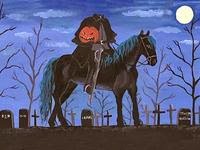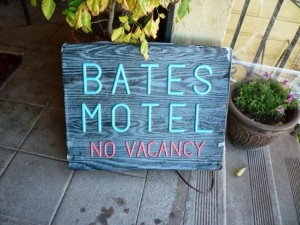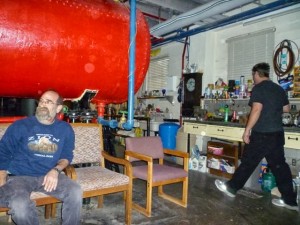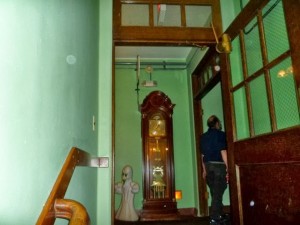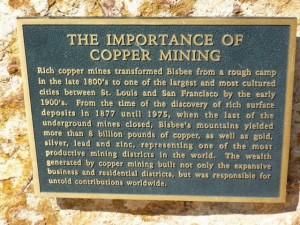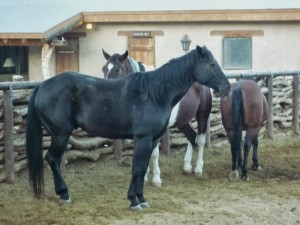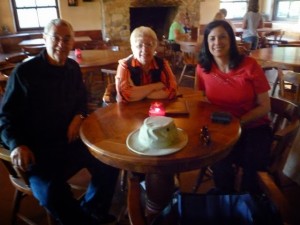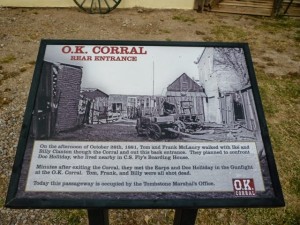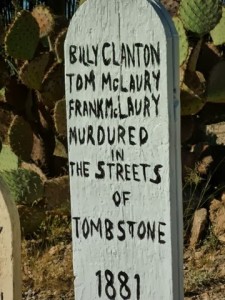 |
| Purchased from Fotolia by Jordan Dane |
On Oct 17th at the KILL ZONE blog, I critiqued the first page of an anonymous author’s work –A Game of Days. Some interesting comments on the YA voice came from this post and I wanted to share more on what I’ve learned from writing for the teen market. My personal epiphanies.
Writing for the Young Adult (YA) market and capturing the voice of YA is less about word choices (and getting the teen speak down) than it is about getting the age appropriate decisions and attitude right. Urban fantasy or post apocalyptic plots can build on a world that is unique and unfamiliar. Books like the Hunger Games by Suzanne Collins or the Divergent series by Veronica Roth can have its own voice, so teens are familiar with reading books like this.
When I went looking for solid examples of teen dialogue or introspection to share at a workshop, I searched some top selling YA books, only to find the voice I expected wasn’t there. Sure there are YA books where authors can sound authentically teen, but to keep up the realism for a whole book can be a challenge and an overabundance of “teen speak” can date the banter or be too much for adult readers to catch. (Yes, adults are HUGE readers of YA.)
As you read through this list, think about how each of these tips might also apply to writing ANY voice, even book intended for adults. Many of these tips work for cross-genre writing.
Key Essentials for An Authentic YA Voice:
1.) Use First Person or Deep Point of View (POV)—This technique of “deep” POV, or “close third” person, is used in fiction writing as a glimpse into the head of your character. In YA, I think of deep POV or close third as conversational thoughts deep inside your teen. First person POV is like reading someone’s diary.
2.) Don’t be afraid to mix POVs—You can mix POVs (for example, first person for your storyteller and third person for other characters), but since it’s your story, only you can decide how you want it to be told. Many YA stories are in first person, but more authors are exploring a mix. By adding in the element of third person for other characters, you can let the reader in on what is happening outside your character’s head and add twists to your plot more effectively. Plus if you have secondary characters or villains who may threaten your protagonist, letting the reader in on what’s in their head can make the reader more fearful for your hero/heroine. (Most adult books are not in first POV, but first POV is very intimate and fun to write. My current adult book project has first POV for the main character, but third for everyone else. Very liberating.)
3.) Don’t worry about your vocabulary. Today’s teen reader can handle it. There’s no need to simplify your choice of words or sentence structure if the character warrants it. Just be mindful of the experience level and education of the teen in your story. A homeless kid without much education won’t have an extensive vocabulary unless there’s a good reason for it. If you’re writing a futuristic dystopian book, you’ll be world building and perhaps coming up with your own vocabulary or teen life choices or social customs that would be different from a contemporary YA.
4.) Character first or story first? In my adult fiction thrillers, characters usually come at me first, but in YA I think it’s important to conceive a plot then fit the best characters to the premise. This may help you conjure the most fitting character and voice for the story, without creating a cookie-cutter teen that follows you from book to book.
5.) Don’t force it. As many kinds of teens there are, that’s how many varied “voices” you can create. As long as the story is compelling and the characters draw in the reader, the voice of YA only needs to match the tone, age, and character of that story. Don’t force voice or language that doesn’t seem real to you. Your protagonist’s voice should come naturally from the story premise and the conflict, filtered through your head as the author. If you force it, it will show.
6.) How does the story and character motivation affect your storyteller’s voice? One of the biggest mistakes writers make in YA usually has to do with the sarcastic voice. Biting sarcasm alone does not make a YA story. Without a reason for this behavior, the author runs the risk of making their character unbearable, unlikeable and a real turnoff for the reader. The manuscript must have a cohesive story with solid character motivation to go along with the attitude. Even if the voice is great, what happens? Something needs to happen. And if your character starts off with a good reason to be snarky, give them a journey that will change them by the end of the book.
7.) Know your character’s motivation. Sarcasm, voice, and maturity of your character must be driven by a reason in your story to add depth. Provide a foundation for the “attitude” your character has and don’t forget a liberal dose of poignancy. A reader can tolerate a sarcastic teen if a scene ends with brutal honesty or catches the reader off guard with something gripping to make the whole thing come to a real point.
8.) Beware of stereotypes—Avoid the cliché character (the geeky nerd, the pretty cheerleader, the dumb jock). This doesn’t only apply to YA.
9.) Can you relate to your storyteller? Peer pressure, dating, zits, kissing, sex, being an outsider, not fitting in—these are teen concerns that, as adults, we have to remind ourselves about. With each of these words, what pops into your head? Does it trigger a memory, good or bad? Sometimes the best scenes can come from these universal concerns that haven’t changed for decades. Filtered through your own experiences, a scene can carry more weight if it’s still relevant and relatable.
10.) What is your storyteller like emotionally? What effect can raging hormones do for your character? Is everything a drama? Not all teens are like this. Some are withdrawn in front of adults or in social situations. It’s important to ask yourself: What are they like around their friends and who are their friends? I would resist the urge to create a character based on a teen you know if it’s at the expense of your plot. Certain aspects or perceptions of “your teen” can influence your character, but your book is fiction. That’s why I recommend devising your plot first before you place the right teen in it.
11.) Who or what has influenced your storyteller most? Like in the movie, JUNO, the teen girl had a dry wit that sometimes referenced an older person’s humor. Not everything was “teen speak.” She was influenced by the adults in her life, using references she heard from her dad and step-mom. Her pop culture references were peppered into the humor of another generation. She still sounded young, but her dialogue appeal was more universal. Don’t be afraid to make up a word or phrase to suit your character’s world.
12.) What journey will your storyteller take in your book? Getting the voice right is only half the challenge. Your YA book must be about something—a plot, believable world building, and the reaction and journey of a real teen amidst it all.
13.) Don’t forget the imagery. Teen readers have great imaginations and can picture things in their heads like a movie. Give them something that triggers and engages their imaginations. Picture your book scenes on the big screen and write them that way, but don’t go overboard and slow your pace. Teens get it. Give them a glimpse and move on. They’ll roll with the imagery.
14.) Turn off your parent switch—If you’re an adult and a parent writing YA, you may find it difficult to turn off your mother or father switch, but you should consider it. Kids can read between the lines if you’re trying too hard to send them a “universal parental” message about conduct and behavior. Simply focus on your story and tap into what your teen experiences were—without censorship—and without the undertone of sending kids a special message. Your story will read as more honest, without an ulterior motive.
HERE is a link on a video about one teenager’s story from The Onion News (DISCLAIMER: I had nothing to do with making this video):
For Discussion:
1.) Any other writing tips to make your YA voice read as authentic?
2.) What books have you read where the teen voice seemed very real and please share why you thought so?




